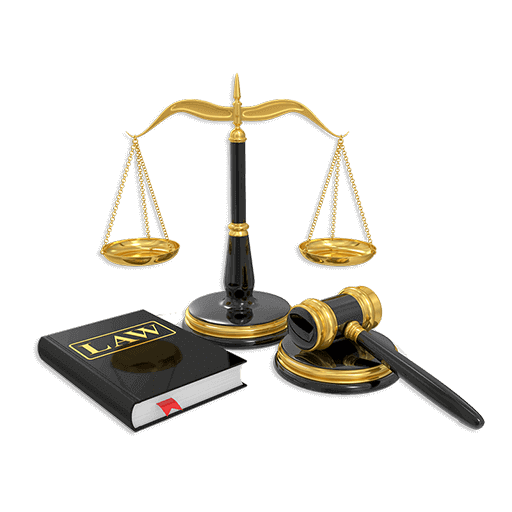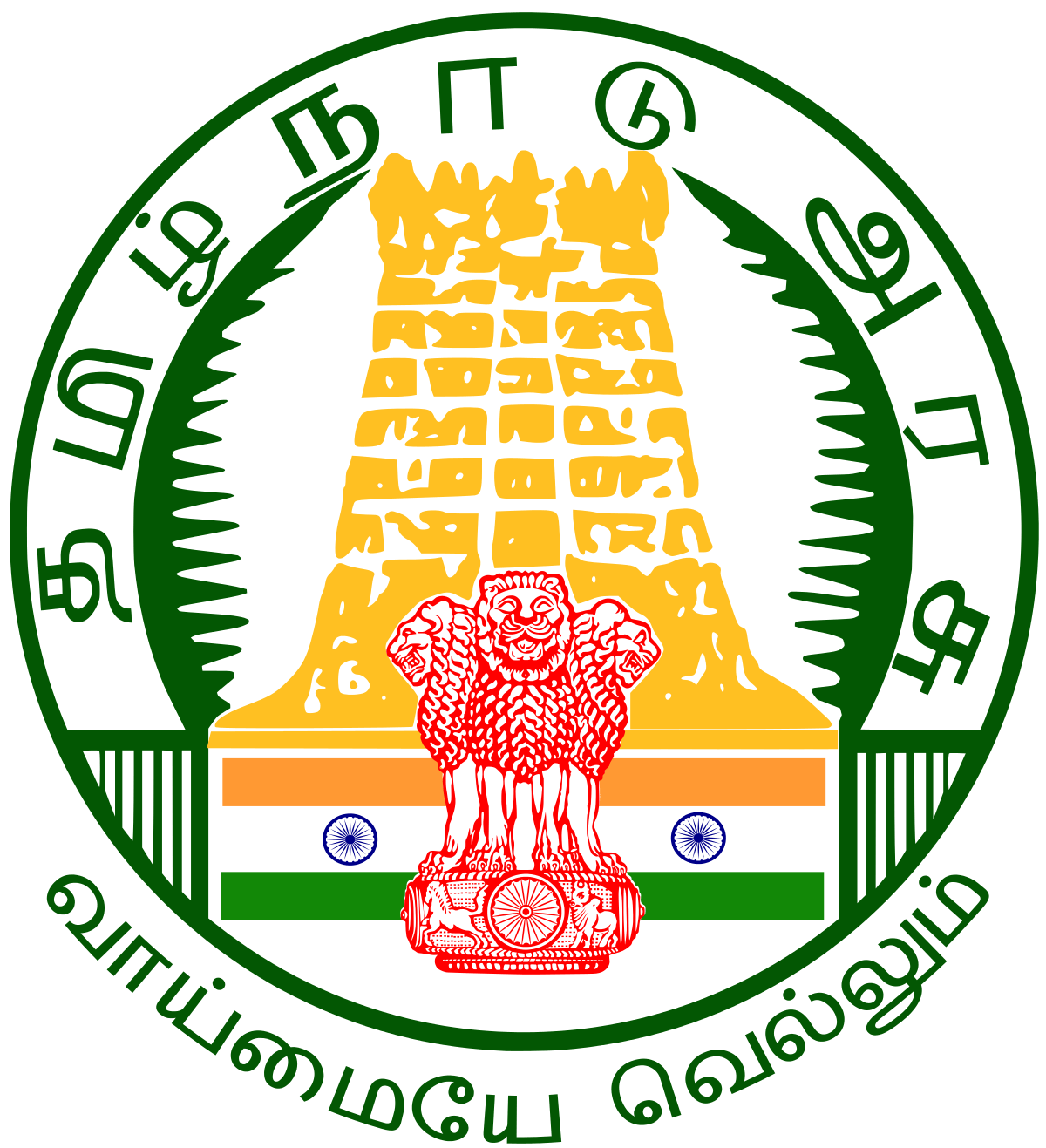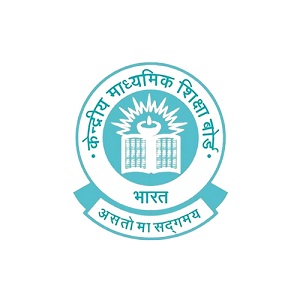- State Board
-
12th Standard
-

Biology
-

Computer Applications
-

Computer Science
-

Business Maths and Statistics
-

Commerce
-

Economics
-

Maths
-

Chemistry
-

Physics
-

Computer Technology
-

History
-

Accountancy
-

Tamil
-

Maths
-

Chemistry
-

Physics
-

Biology
-

Computer Science
-

Business Maths and Statistics
-

Economics
-

Commerce
-

Accountancy
-

History
-

Computer Applications
-

Computer Technology
-

English
12th Standard stateboard question papers & Study material
தமிழ் Subjects
English Subjects
-
-
11th Standard
-

Maths
-

Biology
-

உயிரியல் - தாவரவியல்
-

Economics
-

Physics
-

Chemistry
-

History
-

Business Maths and Statistics
-

Computer Science
-

Accountancy
-

Commerce
-

Computer Applications
-

Computer Technology
-

Tamil
-

Maths
-

Commerce
-

Economics
-

Biology
-

Business Maths and Statistics
-

Accountancy
-

Computer Science
-

Physics
-

Chemistry
-

Computer Applications
-

History
-

Computer Technology
-

Tamil
-

English
11th Standard stateboard question papers & Study material
தமிழ் Subjects
English Subjects
-
-
9th Standard
-

-

-

-

-

-

-

Maths
-

Science
-

Social Science
-

Maths
-

Science
-

Social Science
9th Standard stateboard question papers & Study material
தமிழ் Subjects
English Subjects
-
-
6th Standard
-

Maths
-

Science
-

Social Science
-

Maths
-

Science
-

Social Science
6th Standard stateboard question papers & Study material
தமிழ் Subjects
English Subjects
-
-
10th Standard
-

Maths
-

Science
-

Social Science
-

Tamil
-

Maths
-

Science
-

Social Science
-

English
-

English
10th Standard stateboard question papers & Study material
தமிழ் Subjects
English Subjects
-
-
7th Standard
-

Maths
-

Science
-

Maths
-

Science
-

Social Science
7th Standard stateboard question papers & Study material
தமிழ் Subjects
English Subjects
-
-
8th Standard
-

கணிதம் - old
-

Science
-

Social Science
-

கணிதம்
-

Maths
-

Science
-

Social Science
8th Standard stateboard question papers & Study material
தமிழ் Subjects
English Subjects
-
-
12th Standard
- CBSE Board
-
12th Standard CBSE
-

Biology
-

Physics
-

Chemistry
-

Maths
-

Accountancy
-

Introductory Micro and Macroeconomics
-

Business Studies
-

Economics
-

Computer Science
-

Geography
-

English
-

History
-

Indian Society
-

Physical Education
-

Sociology
-

Tamil
-

Bio Technology
-

Engineering Graphics
-

Entrepreneurship
-

Hindi Core
-

Hindi Elective
-

Home Science
-

Legal Studies
-

Political Science
-

Psychology
12th Standard CBSE Subject Question Paper & Study Material
-
-
11th Standard CBSE
-

Mathematics
-

Chemistry
-

Biology
-

Physics
-

Business Studies
-

Accountancy
-

Economics
-

Computer Science
-

Bio Technology
-

English
-

Enterprenership
-

Geography
-

Hindi
-

History
-

Home Science
-

Physical Education
-

Political Science
-

Psychology
-

Sociology
-

Applied Mathematics
11th Standard CBSE Subject Question Paper & Study Material
-
- 10th Standard CBSE
-
9th Standard CBSE
-

Mathematics
-

Social Science
-

Science
-

English
-

Hindi
9th Standard CBSE Subject Question Paper & Study Material
-
-
8th Standard CBSE
-

Science
-

Social Science
-

Mathematics
-

English
8th Standard CBSE Subject Question Paper & Study Material
-
-
7th Standard CBSE
-

Mathematics
-

Science
-

Social Science
-

English
7th Standard CBSE Subject Question Paper & Study Material
-
-
6th Standard CBSE
-

Mathematics
-

Science
-

Social Science
-

English
6th Standard CBSE Subject Question Paper & Study Material
-
-
12th Standard CBSE
- Free Online Test
- News
- Study Materials
-
Students
-

Stateboard Tamil Nadu
-

CBSE Board
-

Free Online Tests
-

Educational News
-

Scholarships
-

Entrance Exams India
-

Video Materials
Study Materials , News and Scholarships
-
-
Students

12th Standard Commerce English Medium - The Negotiable Instruments Act, 1881 1 Mark Creative Question Paper and Answer Key 2022 - 2023 Study Materials Sep-03 , 2022
QB365 provides a detailed and simple solution for every Possible Creative Questions in Class 12 Commerce Subject - The Negotiable Instruments Act, 1881, English Medium. It will help Students to get more practice questions, Students can Practice these question papers in addition to score best marks.
The Negotiable Instruments Act, 1881 1 Mark Creative Question Paper With Answer Key
12th Standard
-
Reg.No. :
Commerce
Time :
00:15:00 Hrs
Total Marks :
15
-
The law relating to negotiable instruments is dealt in the
(a)Sale of contract Act 1930
(b)Indian contract Act 1872
(c)Negotiable Instruments Act 1881
(d)None of these
-
The cheque is to be signed by the
(a)drawee
(b)banker
(c)drawer
(d)none of these
-
Promissory Note, Bill of Exchange or cheque is payable to order is called
(a)Bearer Instrument
(b)Order instrument
(c)Inland instrument
(d)Foreign instrument
-
An instrument which is not inland instrument is called
(a)Foreign instrument
(b)Bearer instrument
(c)Inland instrument
(d)Ambiguous instrument
-
Negotiable instrument means a promissory note, bill of exchange or cheque, payable to
(a)bearer
(b)order
(c)either to bearer or order
(d)neither bearer nor order
-
When an instrument has been lost it is presumed that it was
(a)expired
(b)duly stamped
(c)stolen
(d)misplaced
-
The number of parties to a bill of exchange is
(a)2
(b)4
(c)6
(d)3
-
The number of parties to a promissory note is
(a)2
(b)4
(c)3
(d)6
-
Section 4 of negotiable instrument Act 1880 deals with
(a)Promissory note
(b)Bill of exchange
(c)Cheque
(d)None of the above
-
In the case of Bill of Exchange drawee is the
(a)maker
(b)payee
(c)acceptor
(d)none of these
-
When the loss of cheque is intimated to the bank. It is advisable to get the cheque.
(a)dishonoured
(b)Cancelled
(c)stalled
(d)countermanded
-
Holder of an instruments is a person who holds the instrument.
(a)for a longer period
(b)before maturity
(c)after maturity
(d)on behalf of the owner
-
A written document by which some legal rights are created in favour of some person.
(a)Endorsement
(b)Instrument
(c)Promissory note
(d)Negotiation
-
List I List II i) Negotiable 1) Transferability ii) Instrument 2) Duly stamped iii) Negotiable instrument 3) Written document iv) Assignability 4) Return for consideration (a)(i) (ii) (iii) (iv) 1 2 3 4 (b)(i) (ii) (iii) (iv) 4 3 1 2 (c)(i) (ii) (iii) (iv) 2 3 4 1 (d)(i) (ii) (iii) (iv) 3 4 1 2 -
List I List II i) Bill of Exchange 1) Section 123 ii) Cheque 2) Section 124 iii) General Crossing 3) Section 6 iv) Special Crossing 4) Section 5 (a)(i) (ii) (iii) (iv) 3 4 1 2 (b)(i) (ii) (iii) (iv) 1 2 3 4 (c)(i) (ii) (iii) (iv) 4 3 1 2 (d)(i) (ii) (iii) (iv) 2 3 4 1
Multiple Choice Question
15 x 1 = 15
*****************************************
Answers
-
(c)
Negotiable Instruments Act 1881
-
(c)
drawer
-
(b)
Order instrument
-
(a)
Foreign instrument
-
(c)
either to bearer or order
-
(b)
duly stamped
-
(d)
3
-
(a)
2
-
(a)
Promissory note
-
(c)
acceptor
-
(d)
countermanded
-
(b)
before maturity
-
(b)
Instrument
-
(b)
(i) (ii) (iii) (iv) 4 3 1 2 -
(c)
(i) (ii) (iii) (iv) 4 3 1 2
12th Standard Commerce Videos
TN 12th Commerce Capital Market 45 Important 1 Marks Questions With Answers Book Back and Creative
TN Class 12 Commerce Capital Market Study Materials TN State Board / Matriculation 12th Commerce Subject - Capital Market One Mark Question and Answers






 12th Standard Commerce Syllabus
12th Standard Commerce Syllabus  12th Standard Commerce Study Materials
12th Standard Commerce Study Materials 12th Standard Commerce MCQ Practise Tests
12th Standard Commerce MCQ Practise Tests 

Reviews & Comments about 12th Standard Commerce English Medium - The Negotiable Instruments Act, 1881 1 Mark Creative Question Paper and Answer Key 2022 - 2023
Write your Comment